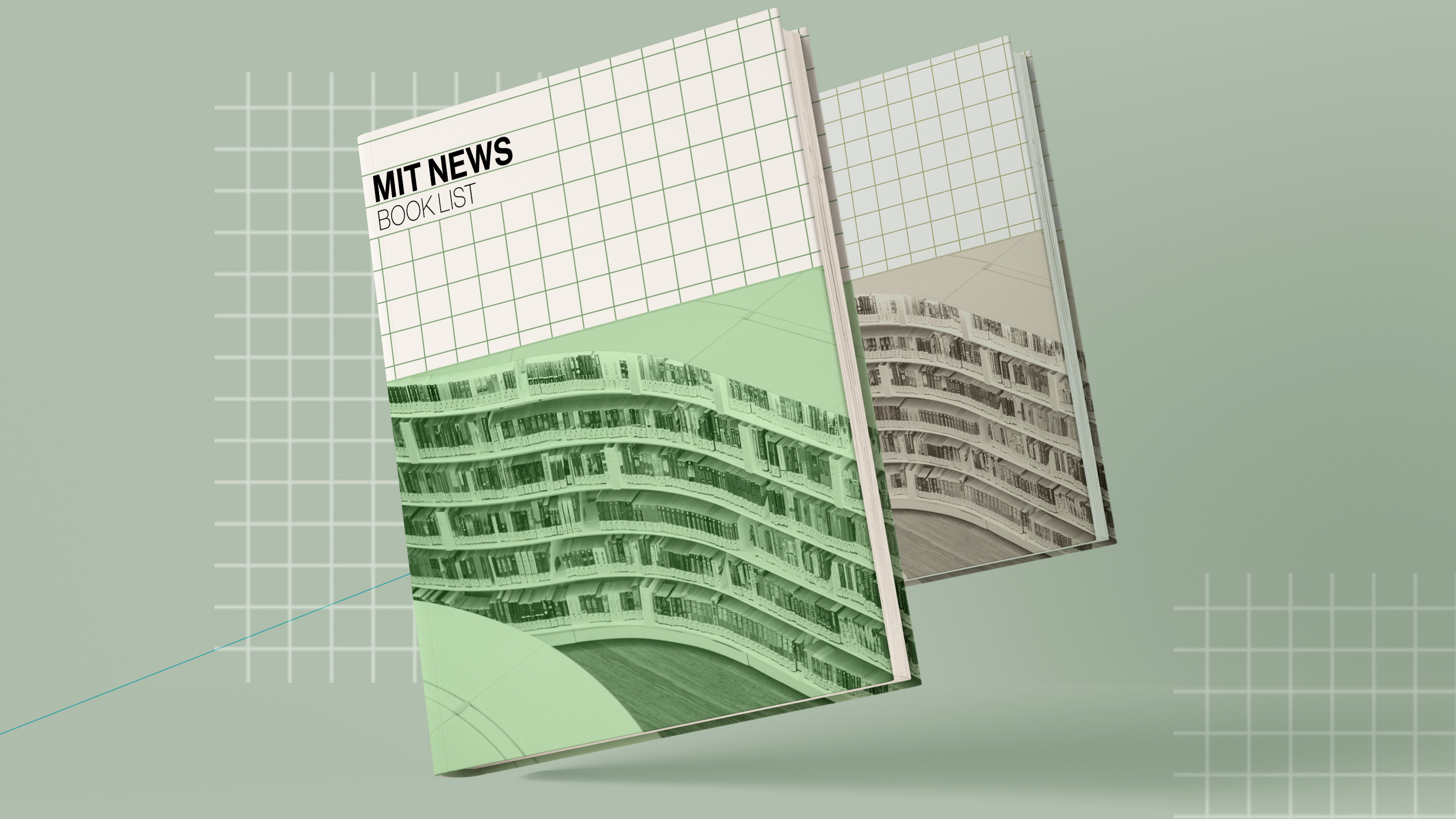Recent books from the MIT community
May/June 2025

The New Lunar Society: An Enlightenment Guide to the Next Industrial Revolution
By David A. Mindell, PhD ’96, professor of aero-astro and of the history of engineering and manufacturing
MIT PRESS, 2025, $32.95
The Science of Change: Discovering Sustained, Desired Change from Individuals to Organizations and Communities
By Richard E. Boyatzis ’68
OXFORD UNIV. PRESS, 2024, $35
Our Dollar, Your Problem: An Insider’s View of Seven Turbulent Decades of Global Finance, and the Road Ahead
By Kenneth Rogoff, PhD ’80
YALE UNIVERSITY PRESS, 2025, $35
Business School and the Noble Purpose of the Market: Correcting the Systemic Failures of Shareholder Capitalism
By Andrew J. Hoffman, SM ’91, PhD ’95
STANNFORD UNIV. PRESS, 2025, $35
ResilieNomics: Value in an Age of Disasters
By Aris Papadopoulos ’78, SM ’78
RESILIENCE ACTION FUND, 2025, $29
Investment Theory and Practice—It’s All “Realative”: How Multiple Stochastic Goals and Delegation Change the Entire Investment Paradigm
By Arun Muralidhar, PhD ’92
DIGITAL GEORGETOWN, 2024, $0
Surrealia
By Miguel O. Mitchell ’82
GNASHING TEETH PUBLISHING, 2024, $12.50
Send book news to MITAlumniNews@technologyreview.com or 196 Broadway, 3rd Floor Cambridge, MA 02139
Keep Reading
Most Popular
Ethically sourced “spare” human bodies could revolutionize medicine
Human “bodyoids” could reduce animal testing, improve drug development, and alleviate organ shortages.
Everyone in AI is talking about Manus. We put it to the test.
The new general AI agent from China had some system crashes and server overload—but it’s highly intuitive and shows real promise for the future of AI helpers.
Anthropic can now track the bizarre inner workings of a large language model
What the firm found challenges some basic assumptions about how this technology really works.
An ancient man’s remains were hacked apart and kept in a garage
Why archaeologists are increasingly leaving historic sites untouched until we have less destructive technologies for studying them.
Stay connected
Get the latest updates from
MIT Technology Review
Discover special offers, top stories, upcoming events, and more.